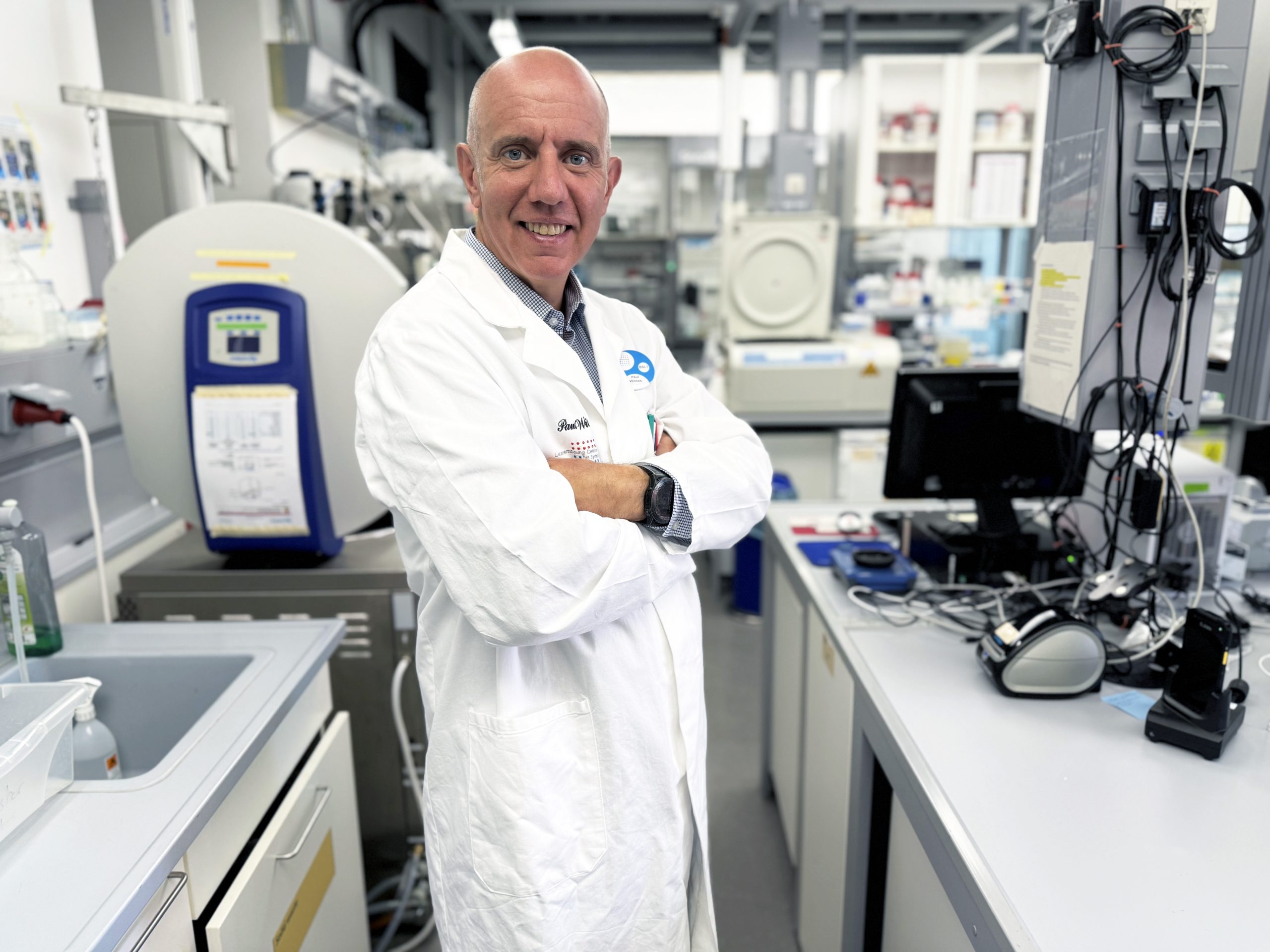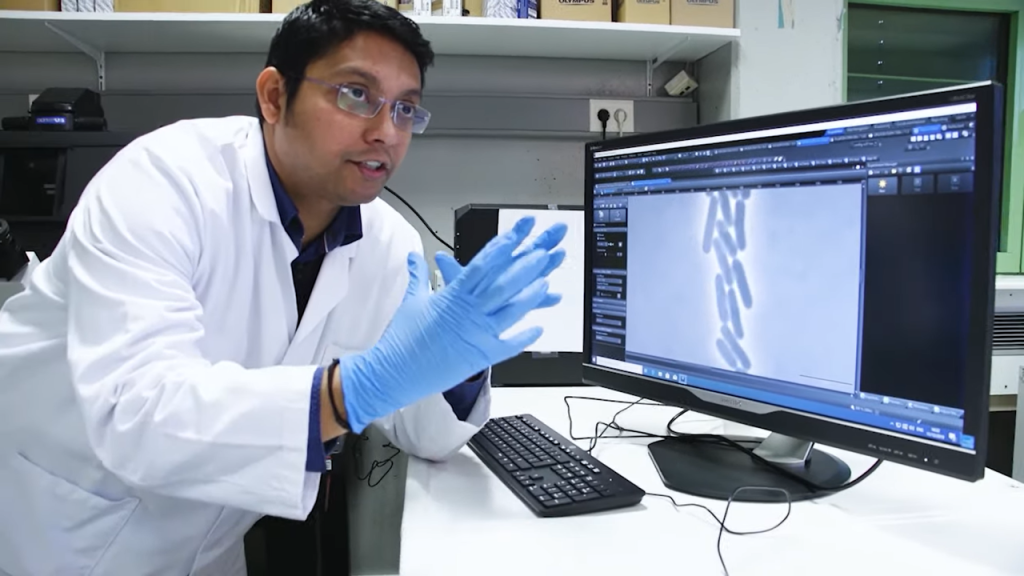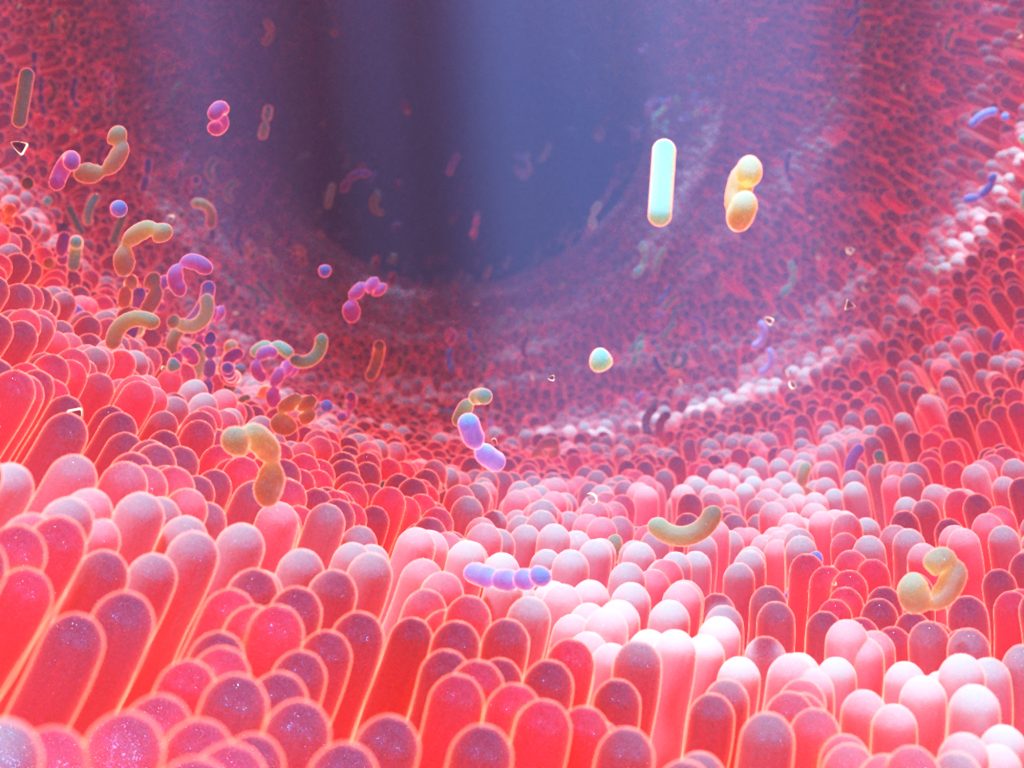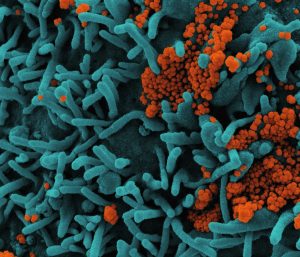For the International Microorganism Day, discover how research on microbes can impact your health and your life.
In 1683, Antonie van Leeuwenhoek, Dutch merchant and self-taught man in science, made the first description of a single-celled organism. The date was September 17, the day that since 2017 was chosen to celebrate the International Microorganism Day.
In health, food, and environment, microbes are an essential part of everyday life. At the University of Luxembourg, microbes are also the focus of research:
Using molecules produced by microbes to detect Parkinson’s disease early

Prof. Paul Wilmes was just awarded a Proof of Concept grant by the European Research Council (ERC) to explore if small proteins originating from gut microbes could serve as biomarkers for Parkinson’s disease. This neurodegenerative disorder, affecting over 6 million individuals worldwide, is generally diagnosed when motor symptoms become apparent and substantial neurological damage has already occurred. Early detection hence represents a critical unmet need that would facilitate a prompt use of available therapies to delay the progression of the disease. This is where the microbes inhabiting the human gut come into play.
Microbes offer a green solution to the microplastic challenge

In the fight against microplastic pollution, scientists are leveraging the power of microbes to create sustainable alternatives to harmful microplastic additives. Having studied how bacteria interact with microplastics in the ocean, the research team of Prof. Anupam Sengupta created a patented technology that harnesses microorganisms to produce sustainable, carbon-negative biominerals. These natural particles could replace microplastics now used as fillers and soft abrasives in a wide range of daily consumer products and industrial applications.
New doctoral training unit to advance microbiome research

The programme of this DTU, called MICRO-PATH and comprising 16 PhD positions over the course of 6 years, aims to investigate the causal and mechanistic links between the human microbiome and chronic diseases. Aligned with Luxembourg’s and the respective research institutes’ research priorities, especially personalised healthcare, MICRO-PATH aims to address microbiome-driven impacts of environmental, lifestyle, and socio-economic factors on disease mechanisms.
We often think of biodiversity in terms of forests and oceans. But did you know your gut is home to a bustling ecosystem of microbes — and that this inner world plays a role in health, way beyond helping with digestion?
This matters because it is assumed that diversity = resilience. Whether it’s a rainforest or your gut, a richer, more balanced ecosystem is considered to be better equipped to handle stress and maintain sustainability linked to health.
